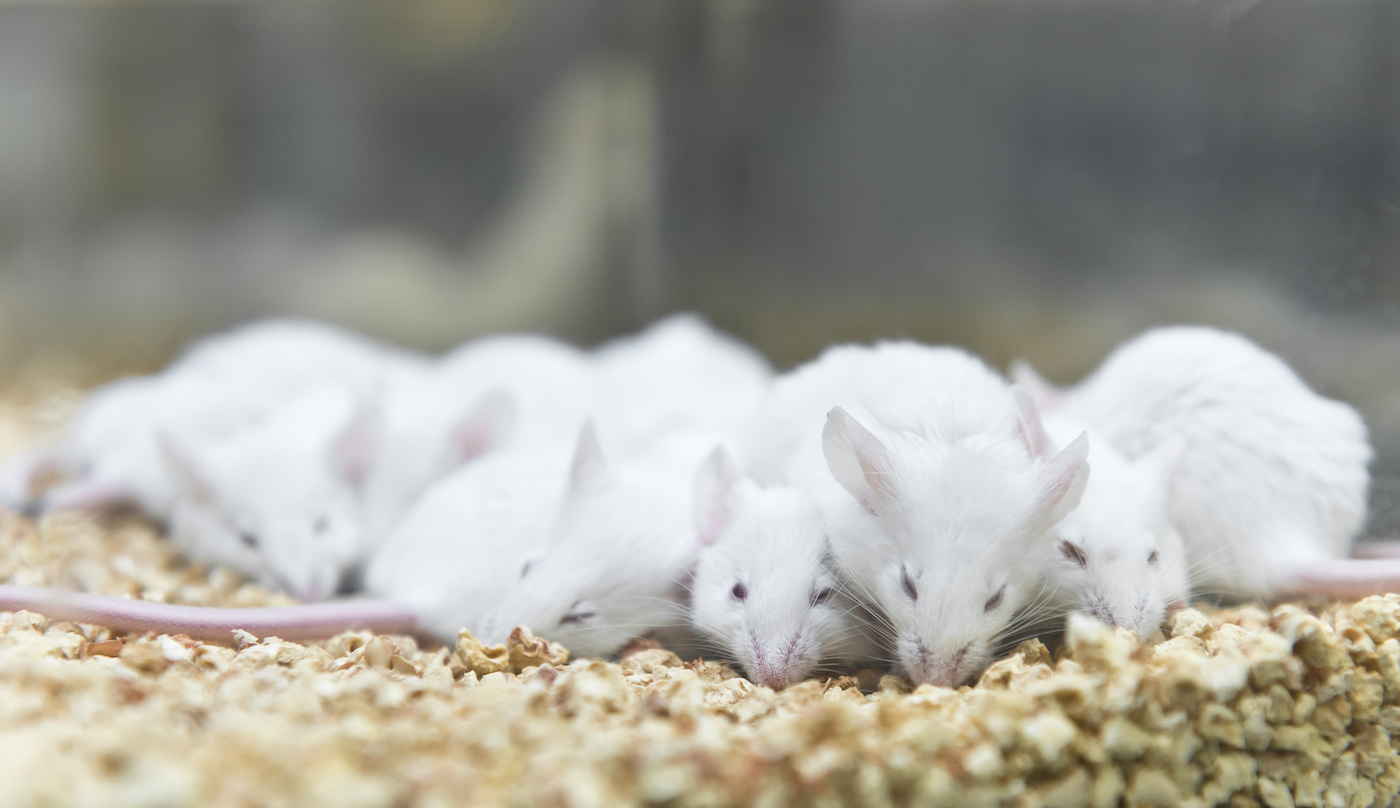Scientific studies often focus on positive results, where the hypothesis is proven to be true. For instance, a study that demonstrates bees prefer one flower over another would be considered a positive outcome. However, negative results, where the hypothesis is disproven, are often overlooked due to a lack of incentives for researchers to publish them.
This bias towards only publishing positive results could hinder scientific research and publishing. The Journal of Trial and Error aims to address this issue by specifically publishing papers with negative results. By changing the perception of failure within the scientific community, the journal’s team hopes to strengthen the field of science and promote a more comprehensive understanding of the scientific process.
Guest host Anna Rothschild speaks with Dr. Sarahanne Field, editor-in-chief of the Journal of Trial and Error and assistant professor in behavioral and social sciences at the University of Groningen. The conversation delves into the importance of recognizing and publishing negative results in scientific research to promote a more comprehensive understanding of the scientific process.



